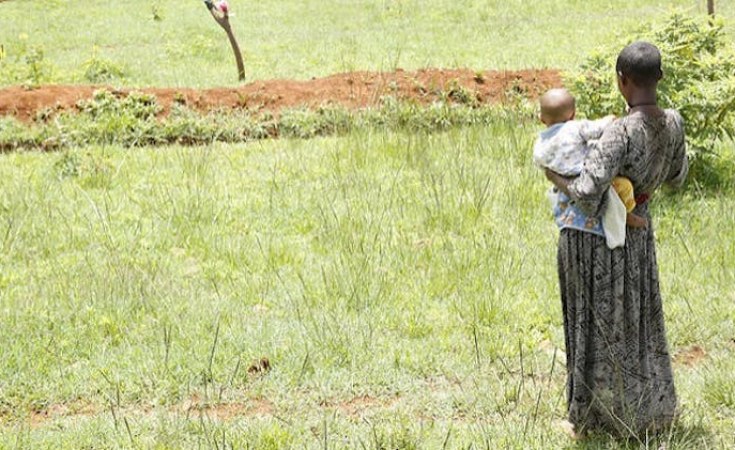The United Nations Population Fund (UNFPA) has disclosed that more than 20,000 adolescent girls have been retained in schools and safe places, while over 5,500 women and girls are living with Obstetrics fistula in Nigeria.
Making this known Wednesday at the State House, Abuja was UNFPA's Nigeria Country Representative, Ulla Mueller, at the launch of the National Landscape Analysis Report on Sexual and Gender-based Violence, Harmful Practices and Obstetrics Fistula in Nigeria which highlighted three states in its pilot project also, received support from Global Affairs Canada.
Mueller said "this is a three-year program and it has seen more than 20,000 adolescent girls retained in school and safe spaces in order to delay child marriage.
"It has seen more than 5,500 women and girls living with fistula. It had reached these women with information and services. We have reached more than 300,000 young people with information through traditional and social media and 900 healthcare workers capacity has been built for female genital mutilation and fistula prevention and response."
Meuwller argued that ending GBV in Nigeria's "complex" terrain would require understanding and involving the communities and the women in those communities.
"If I have not learned anything in Nigeria, I have learned that this Giant of Africa is a large and complex nation. It is full of rich diversity, of ethnicity, of religion, of beliefs. And also, when we want to do quality programming, it is absolutely essential that we meaningfully engage and include the communities.
"Because if we do not understand the communities, we will not be able to change anything. It is also critical in that process, that we include women. Women must be part of the decision making. And women must be part of the design of the programs that we make".
On her part, wife of the Vice President, Dolapo Osinbajo, said "there is more work to be done" to mitigate Gender-Based Violence and its devastating effects on women and girls nationwide.
Citing some dismal statistics, Osinbajo said "GBV is a global pandemic that statistics reveal affects one in three women in their lifetime. This means 35 per cent of women worldwide have experienced either physical or sexual violence involving a known or unknown person.
"If these statistics are true, then there is work to be done, so LET'S DO THIS! Do what? Save her before she becomes a victim. Speak to him so he is not counted amongst the perpetrators.
"Enlighten on the result of bad choices: sexual harassment at work, school or home. Stand up for the girl that is chased around the office table by her superior, at work. Do what? Advocate for punishment for the crimes, not only for help for the survivors."
She thanked the UNFPA which is the UN's sexual and reproductive health agency, for its dedication and focus towards the cause.
Earlier in his remarks, the Sultan of Sokoto, Mohammadu Abubakar, said enough has been said about the ills of GBV on women and girls. It is time for action.
"We're very worried about what's happening. The documentary you just saw brought up a little part of what's been happening. I believe so many of us will not be able to sit and watch the numerous negative effects these our women and children go through.
"So much talk about the ills of these vices and effects of the abuses on our women and children. It's time to stop talking. And that's why I'm here standing to assure you that we will do whatever it takes to see the fruition of this report. That it doesn't go to the dust bin like so many others before it in this country," the monarch said.


